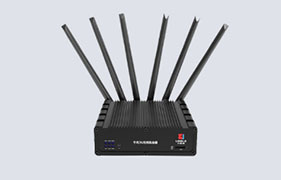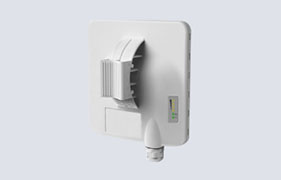What are the functions of industrial routers
1. Industrial router functions:
Industrial router is a kind of network equipment responsible for path finding. It searches for the network path with the least amount of communication from multiple paths in the interconnection network to provide users with communication. Industrial routers have two typical functions, namely data channel function and control function.
Data channel functions include forwarding decision, backplane forwarding and output link scheduling, which are usually completed by specific hardware. Control functions are generally implemented by software, including information exchange, system configuration, and system management with adjacent industrial 4G routers. Industrial routers are used to connect multiple logically separate networks.

The configuration of the industrial router solution is easily manipulated by the customer by applying the specification Web page or the specification terminal device burner, or by using CLI information pushed by the SSH connection. Or, when configuring many modules, there is a configuration specific tool that can configure modules by Telnet, TFTP, and very quickly copy a single configuration document to assist in manufacturing programming.
Industrial router solutions solve all common cellular mobile network problems and maintain smooth connectivity with cellular mobile networks to achieve a consistent communication path with remote control devices. Key and primary and secondary common faults migration SIM function provides detailed network redundancy and provides different tariff schemes based on Internet ease of use. The industrial router family of products can be configured to apply static IP SIM cards or dynamic DNS dial-in to network servers, providing the most convenient remote control device information content browsing and highly cost-effective solutions.
The common industrial router runs on several systems around the world, with A variety of definitions including LTE, HSPA, HSUPA, HSDPA, UMTS, EDGE, GPRS, EVDO Rev A, and 1xRTT. Industrial routers can flexibly select your favorite service provider, compatible with GSM or CDMA frequency segments, and carry out overall planning according to your application requirements.
GSM and CDMA Internet provide app-configurable cellular connectivity and cellular carrier communication diversity in each control module. Optional industrial routers provide large coverage and flexibility to use all key carrier wireless network coverage.


